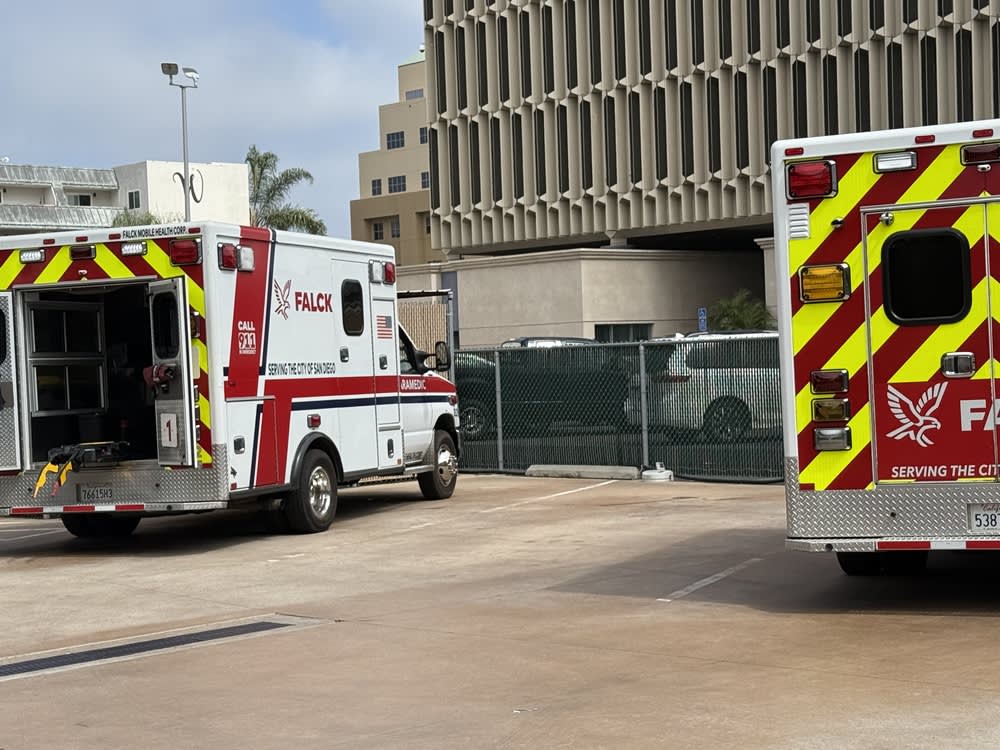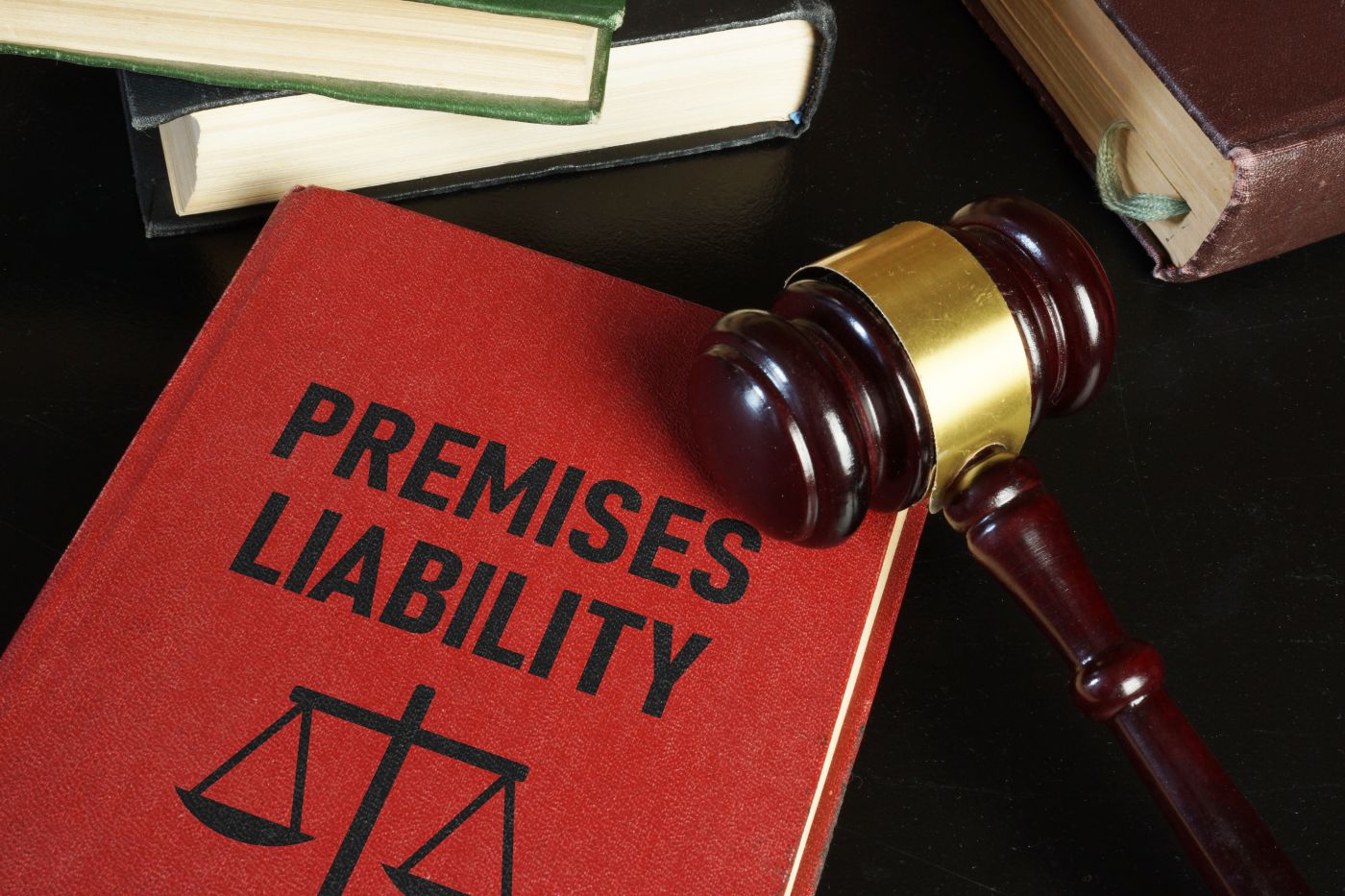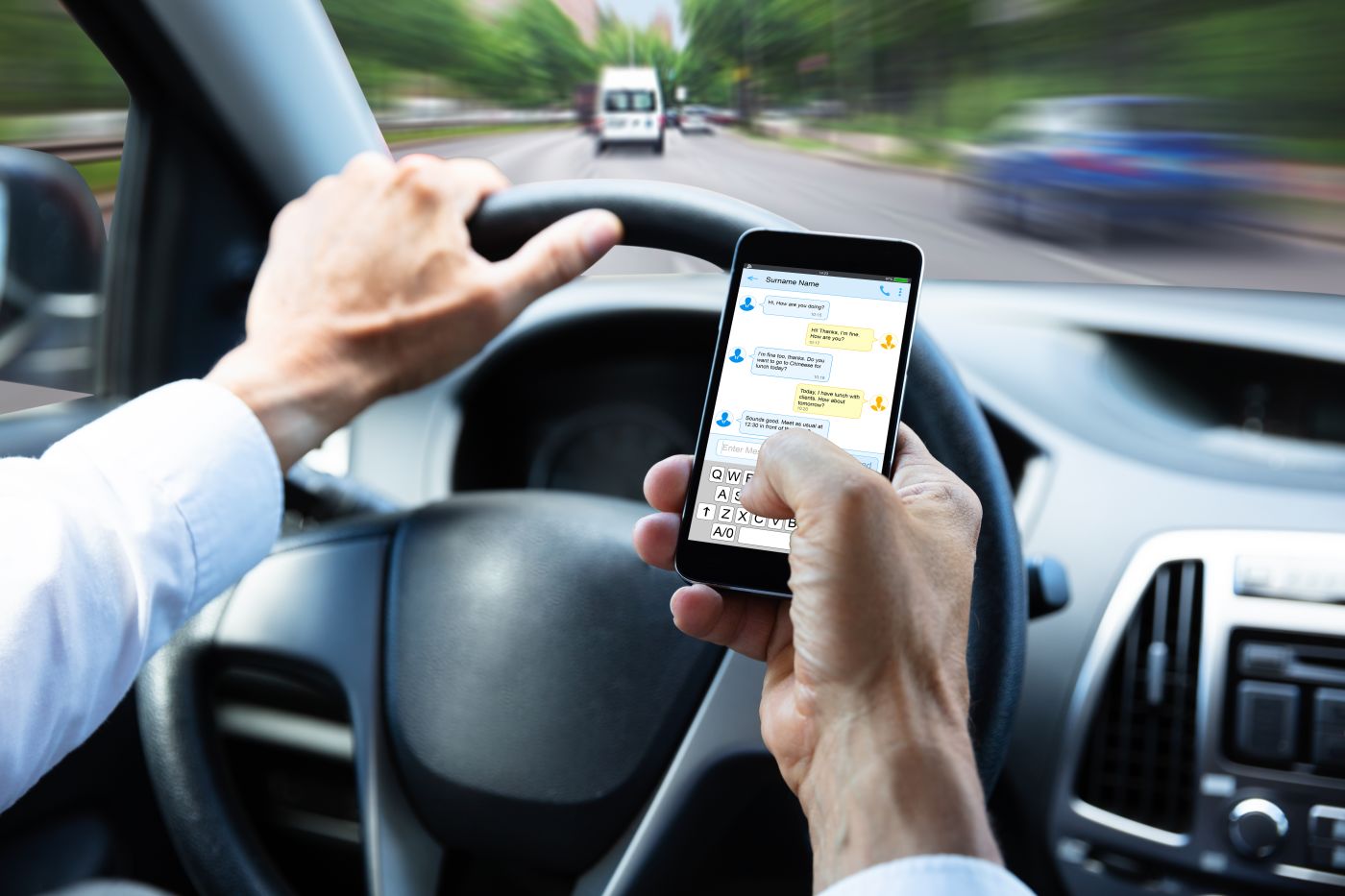
Traffic violations can play a pivotal role in establishing car accident liability. Whether it's running a red light, speeding, or failing to yield, a traffic citation issued at the scene can significantly influence how fault is assigned and what compensation may be available.
As an experienced attorney at the Law Office of Jack M. Shapiro, P.C. in Buffalo Grove, Illinois, I understand how having previous traffic violations can make dealing with a car accident that much more overwhelming. Here, I'll explore how these violations may affect liability and what you need to know to protect your rights.
Traffic Violations and Determining Fault
In Illinois, traffic violations serve as strong indicators of negligent behavior and often play a central role in establishing fault after a car accident. When a driver breaks a traffic law—such as speeding, running a stop sign, or texting while driving—it may be seen as a breach of their legal duty to operate the vehicle safely.
While a violation doesn’t automatically prove liability, it can significantly influence an insurance company’s or court’s decision. Law enforcement officers typically include any citations issued at the scene in their police report, which insurers and attorneys may later use to build a case for or against a driver’s responsibility.
Comparative Negligence in Illinois
Illinois follows a modified comparative negligence system. This means that more than one driver can be found partially at fault for an accident. Under this system, a driver can still recover damages as long as they're less than 50% at fault.
However, their compensation will be reduced by their percentage of fault. For example, if a driver is found 30% responsible due to speeding while the other is 70% at fault for failing to yield, the first driver’s compensation will be reduced by 30%.
This system makes understanding the impact of any traffic violation critical, not just in assigning blame but also in determining the amount of compensation available.
What to Do If You Receive a Citation After an Accident
Receiving a traffic citation after an accident doesn’t automatically make you liable, but it does warrant a strategic response. First, avoid admitting fault at the scene or when speaking to insurers. Second, consider consulting with an attorney, especially if you’re disputing the ticket or facing potential financial liability.
Contesting the violation in traffic court may help you avoid points on your license and could also strengthen your defense in a liability dispute. Keep all documentation, including police reports, citations, photos, and witness statements, to support your case if needed.
Common Traffic Violations That Affect Liability Most
Not all traffic violations carry the same weight when it comes to assigning fault after an accident. Some are more likely to influence liability decisions due to their direct connection to unsafe driving behavior. In Illinois, the most impactful violations include:
Speeding: Exceeding the speed limit can reduce reaction time and increase the severity of collisions.
Running red lights or stop signs: These violations often lead to high-impact, T-bone crashes and almost always indicate fault.
Distracted driving: Using a phone while driving can lead to citations and is a growing cause of rear-end and sideswipe accidents.
Driving under the influence (DUI): A DUI charge significantly increases a driver's liability and often results in both civil and criminal consequences.
These violations don’t just result in tickets—they provide concrete evidence that a driver was acting negligently, which can tip the scales in insurance negotiations or court rulings.
Police Reports and Witness Statements
While traffic violations are important, they're only one part of the liability puzzle. Police reports often include an officer’s observations, the issuing of citations, and sometimes even a preliminary assessment of fault. These reports are heavily relied on by insurance adjusters and attorneys.
In addition, witness statements can help confirm whether a violation occurred and how it contributed to the accident. For instance, a witness who saw one driver texting just before a crash can provide key context that a citation alone might not fully capture.
Together, these elements create a more complete picture of how and why the accident occurred and who should bear responsibility.
How Insurance Companies Use Violations to Determine Payouts
After an accident, insurance companies conduct their own investigations to determine fault and how much they’ll pay out on a claim. Traffic violations play a crucial role in this process. A driver who was cited may find that their insurer accepts full or partial blame, which can affect:
The amount of compensation you receive (or owe): If you're found to be partially or fully at fault due to a traffic violation, your payout from the insurance company may be reduced—or denied altogether. In cases where the other party files a claim against you, your insurer may also be responsible for covering their damages, up to your policy limits.
Your deductible responsibilities: Even if your insurance covers the claim, you may still be required to pay your deductible if you're determined to be at fault. A traffic citation tied to the accident increases the likelihood that your insurer will classify the claim as at-fault, triggering the deductible requirement.
Future premiums and policy renewals: Traffic violations associated with accidents often lead to higher premiums, as insurers view these incidents as indicators of risky driving behavior. In more serious cases—like a DUI or repeated violations—your insurer may even choose not to renew your policy altogether.
Insurers may use recorded statements, citations, police reports, and even dashcam footage to build a liability profile. If you're cited, it’s important to communicate carefully with your insurer and avoid making statements that could be interpreted as admissions of fault.
When Traffic Violations Lead to Lawsuits
In some cases, particularly where injuries or significant property damage occur, traffic violations can become key evidence in a civil lawsuit.
If one driver sues another for damages, a traffic citation issued at the scene can be used to argue negligence per se—a legal doctrine that presumes negligence when a law has been violated and that violation caused harm.
For example, a driver who ran a red light and caused a crash may have a hard time defending against liability in court, especially if the citation is upheld.
However, it’s important to note that receiving a ticket doesn't automatically mean you'll lose a lawsuit. You still have the right to contest both the violation and the claims made against you.
In these cases, working with an attorney who understands both Illinois traffic law and civil liability can be critical to protecting your legal and financial interests.
How to Protect Yourself After a Traffic Violation and Accident
If you're involved in a car accident and receive a citation, the steps you take next can significantly affect the outcome of your insurance claim or potential legal dispute. Start by carefully reviewing the citation and understanding the specific law you’re accused of violating.
Then, gather as much evidence as possible—photos of the scene, contact information from witnesses, dashcam footage, and the police report.
It’s also wise to speak with a traffic or personal injury attorney, particularly if you believe the citation was issued in error or if you're being blamed for more than your share of the fault. Promptly notifying your insurance company is essential, but be cautious with your statements.
Avoid admitting fault and let the facts and evidence guide the investigation. Taking these proactive steps can help you protect your rights and limit the long-term consequences of the violation.
Contact a Car Accident Liability Attorney Today
If you've been involved in a car accident and you're concerned how previous traffic violations may impact your liability, don't hesitate to reach out to my firm at the Law Office of Jack M. Shapiro, P.C. I serve clients in Buffalo Grove, Arlington Heights, DuPage County, Lake County, Mount Prospect, Palatine, Vernon Hills, Mundelein, Cook County, Hoffman Estates, McHenry County, Northbrook, Schaumburg, and Wheeling. Contact my firm today to schedule a consultation.



